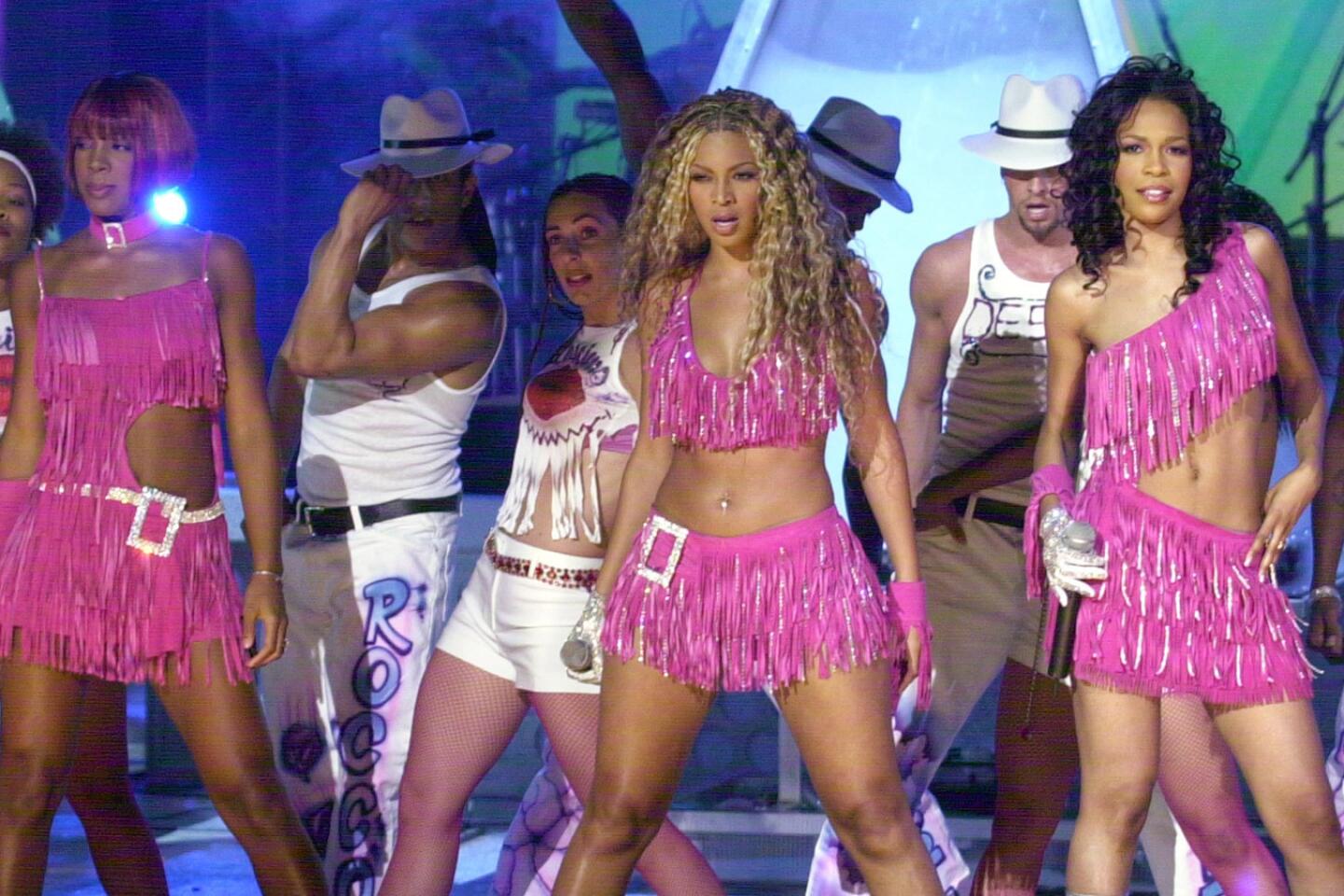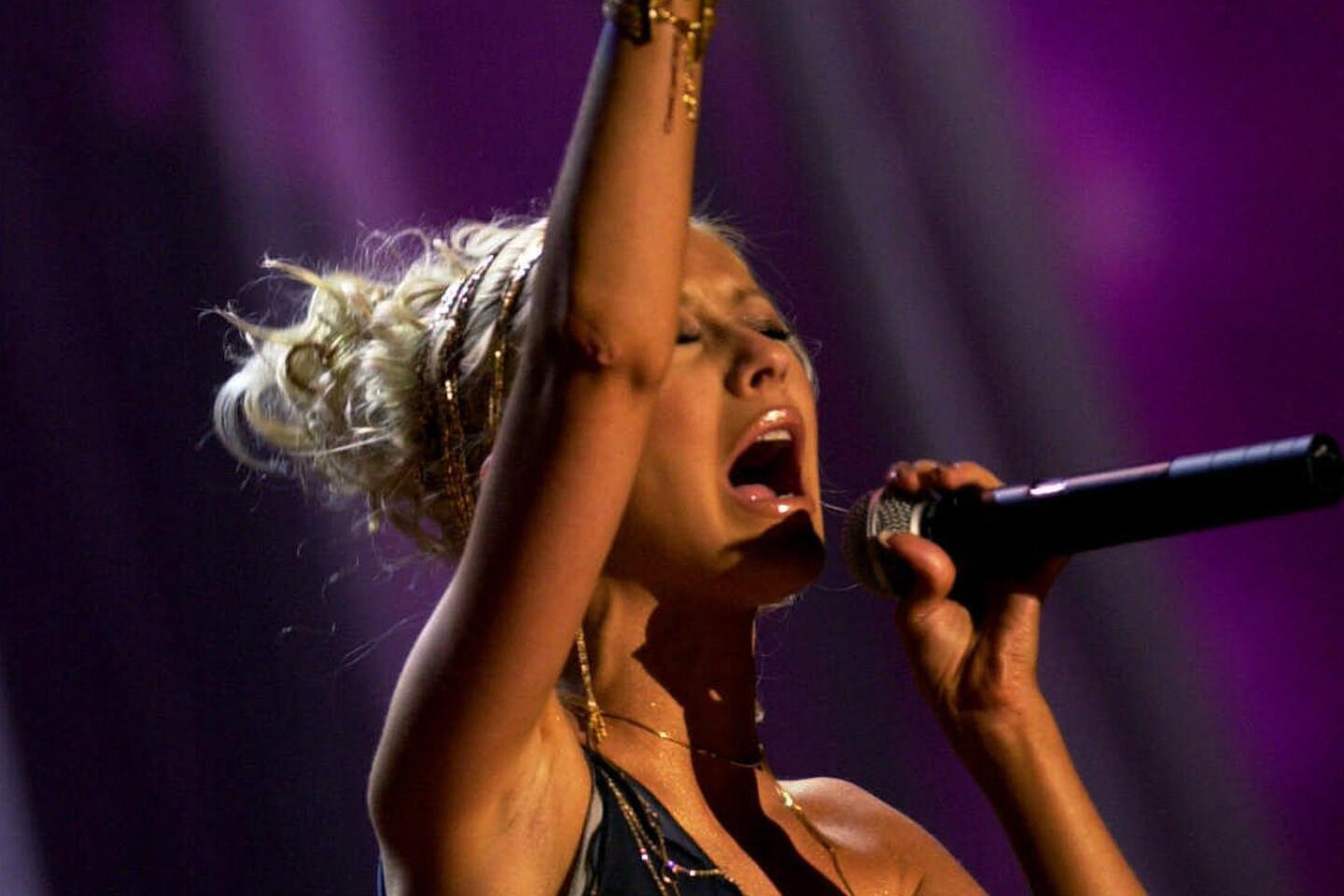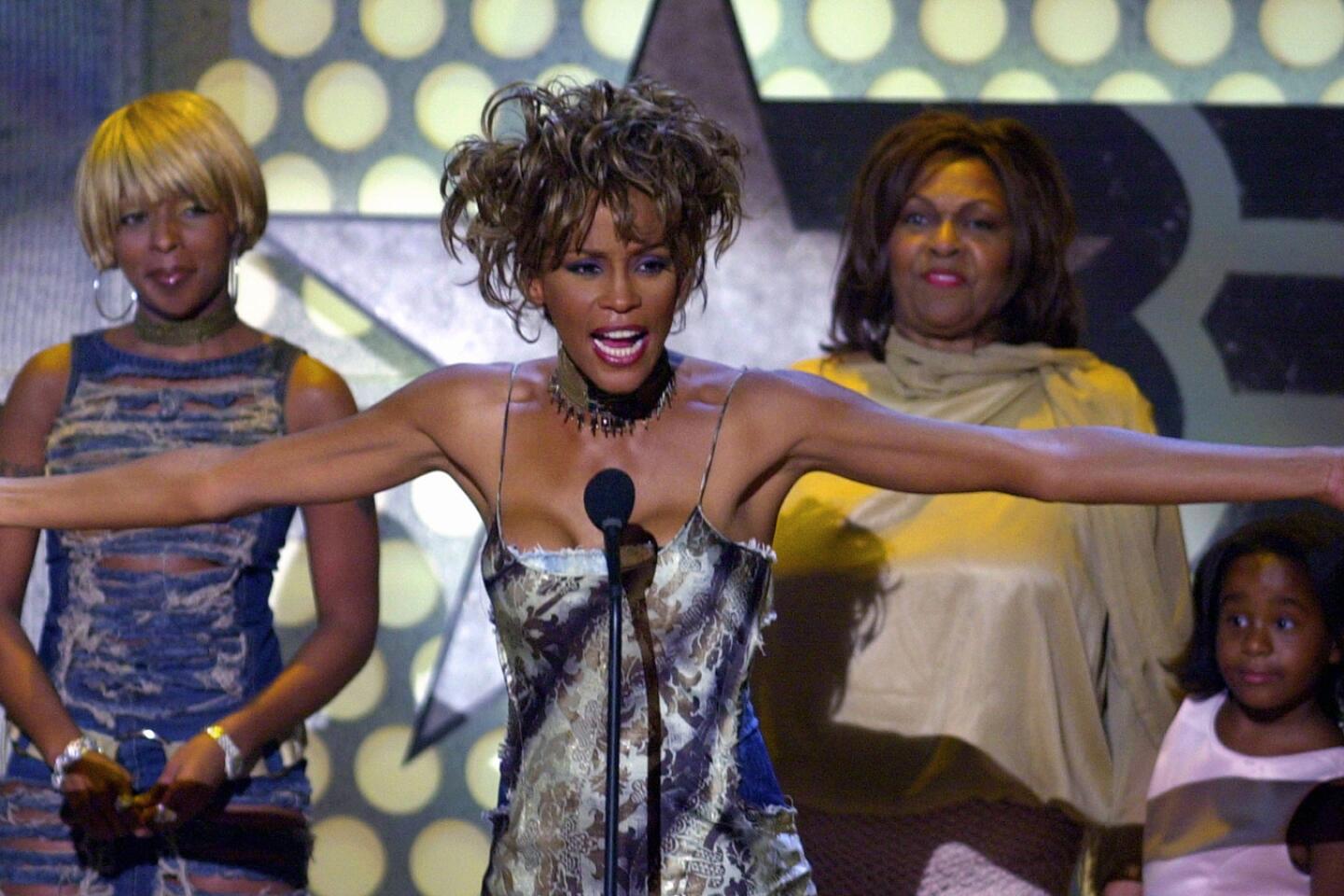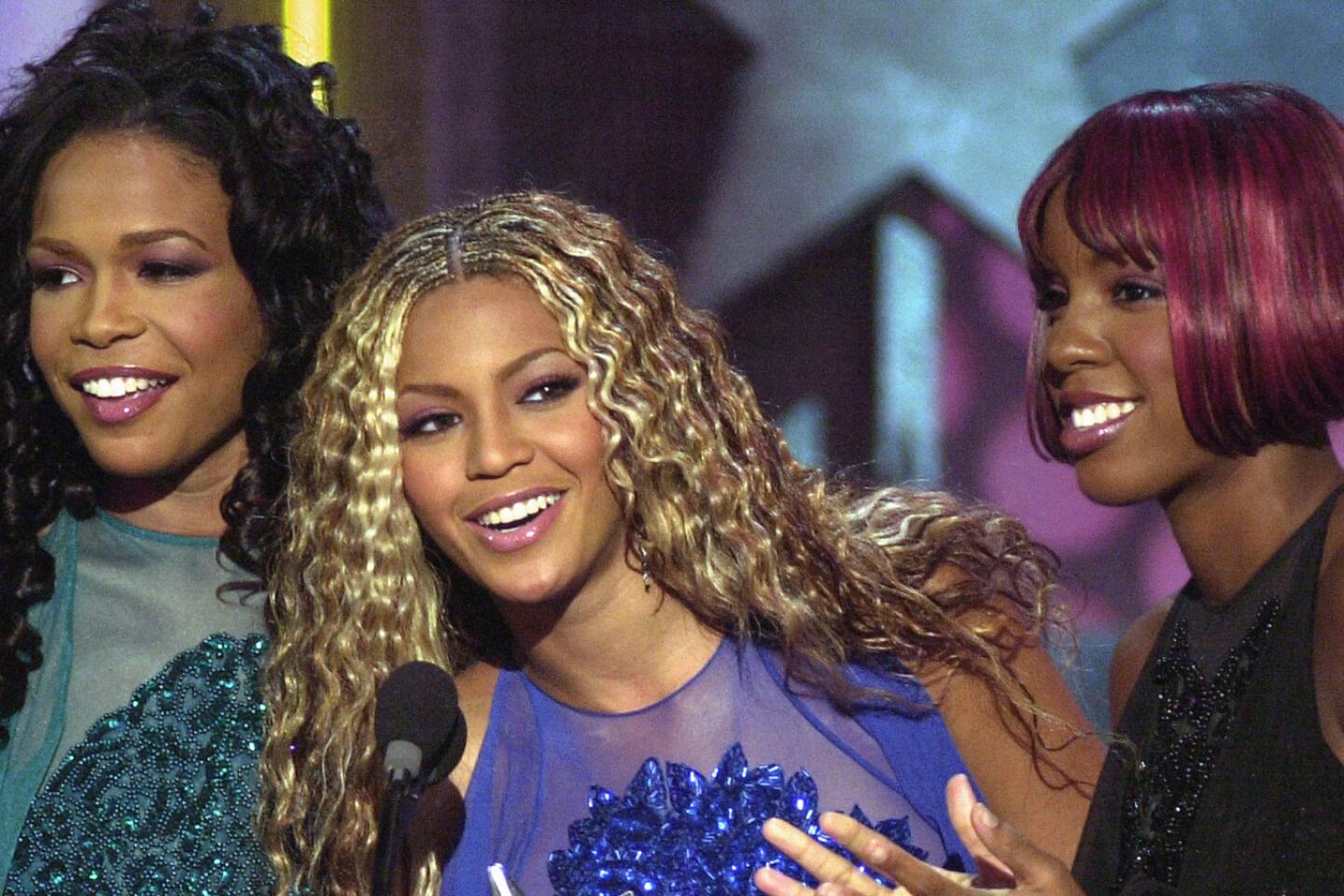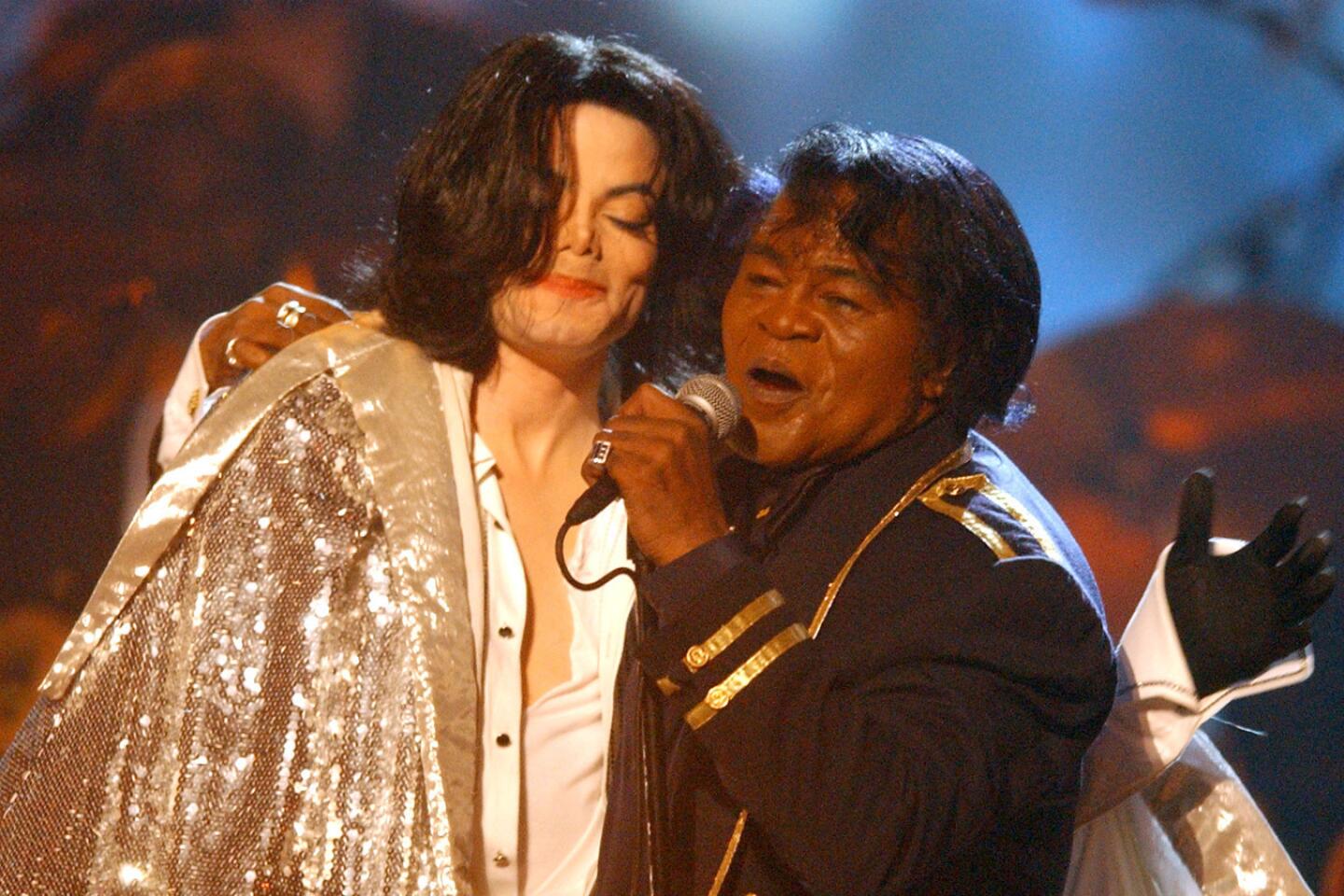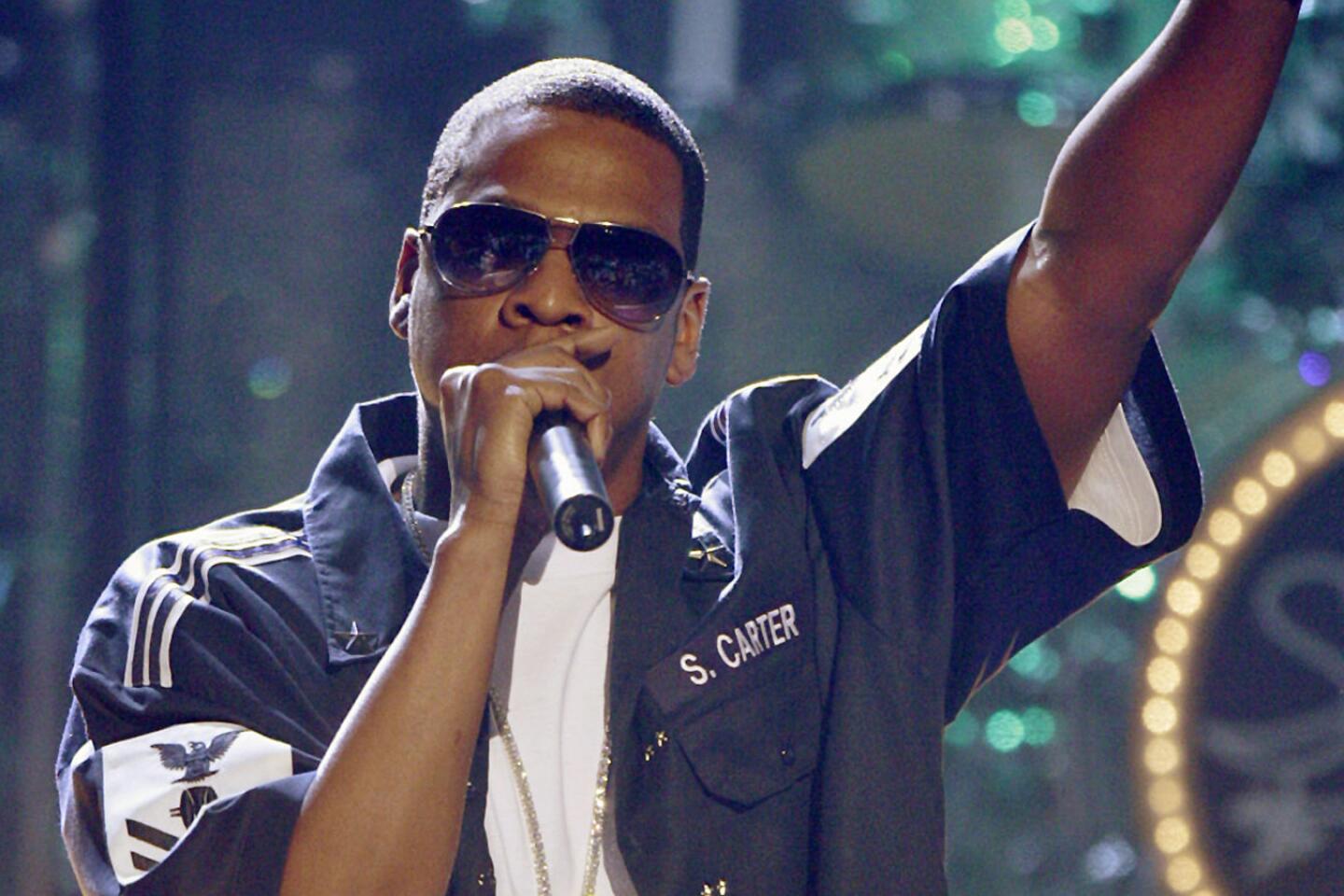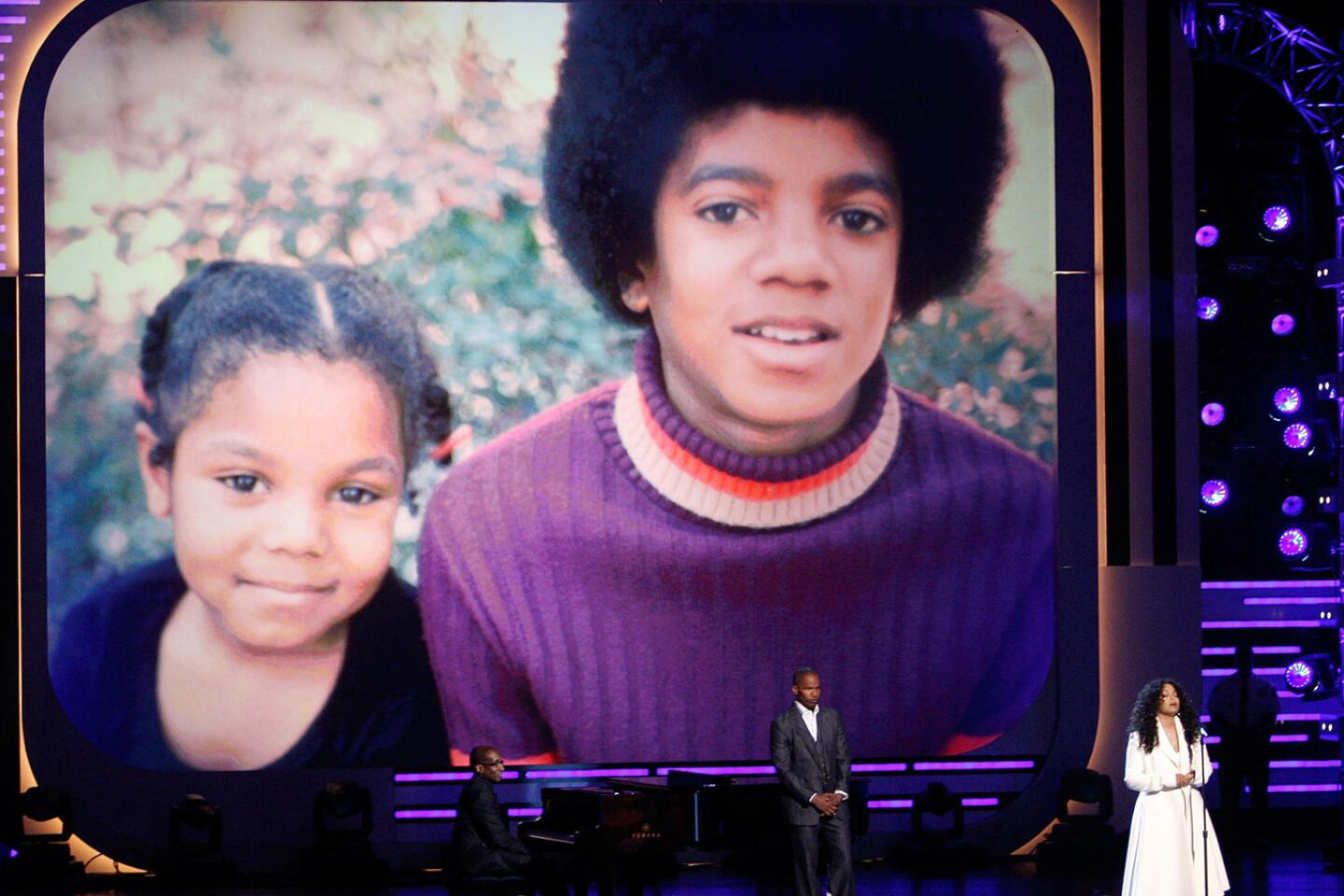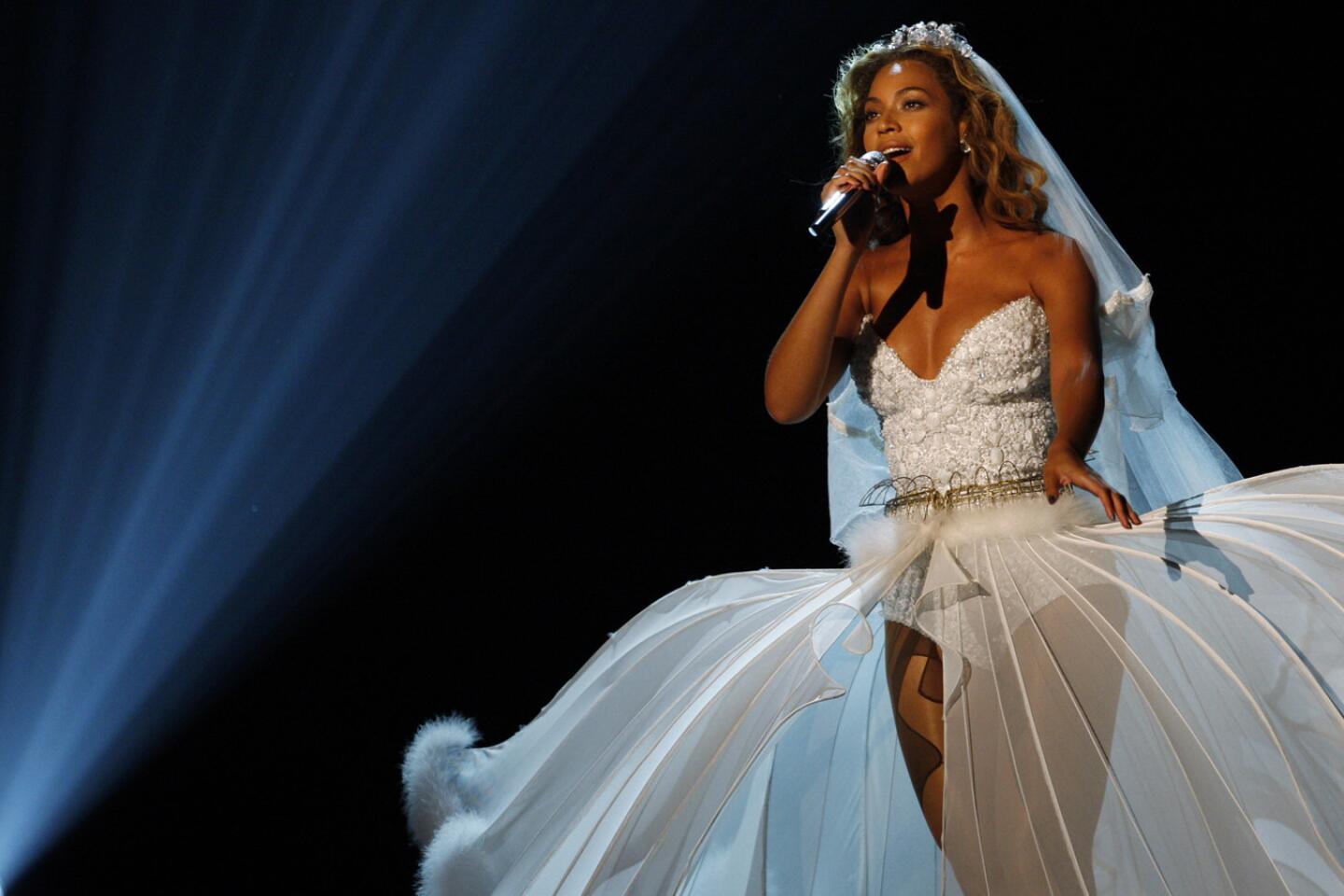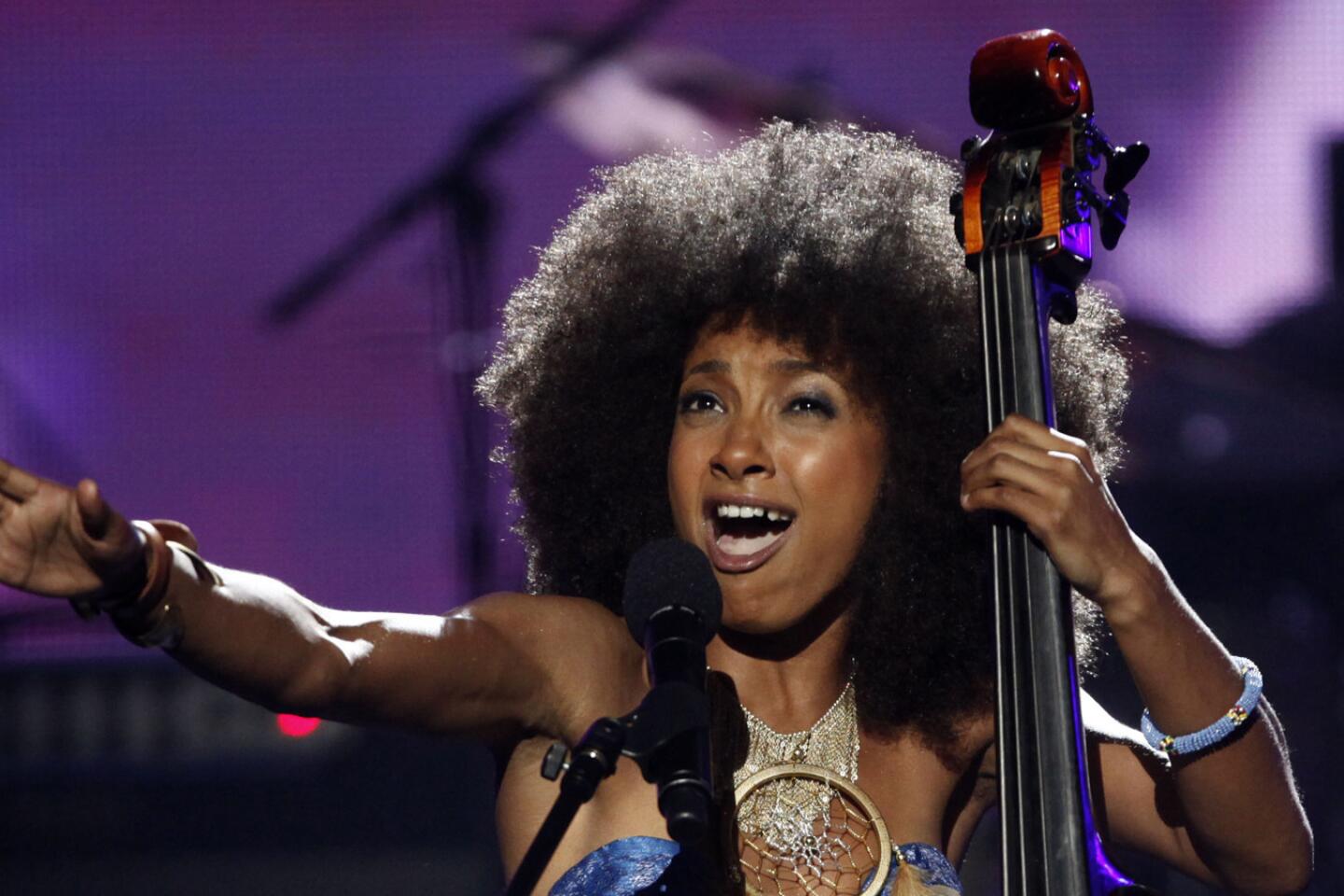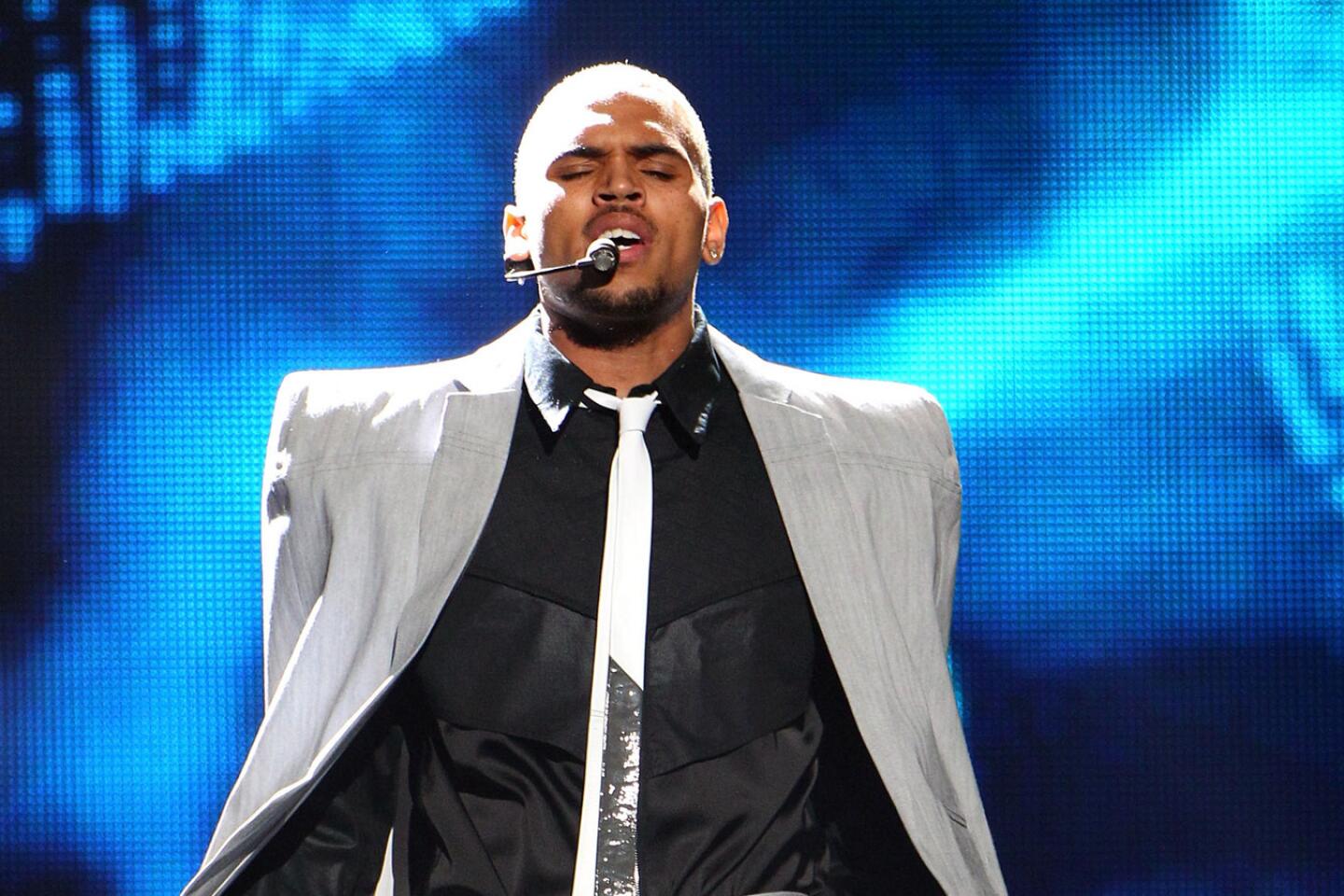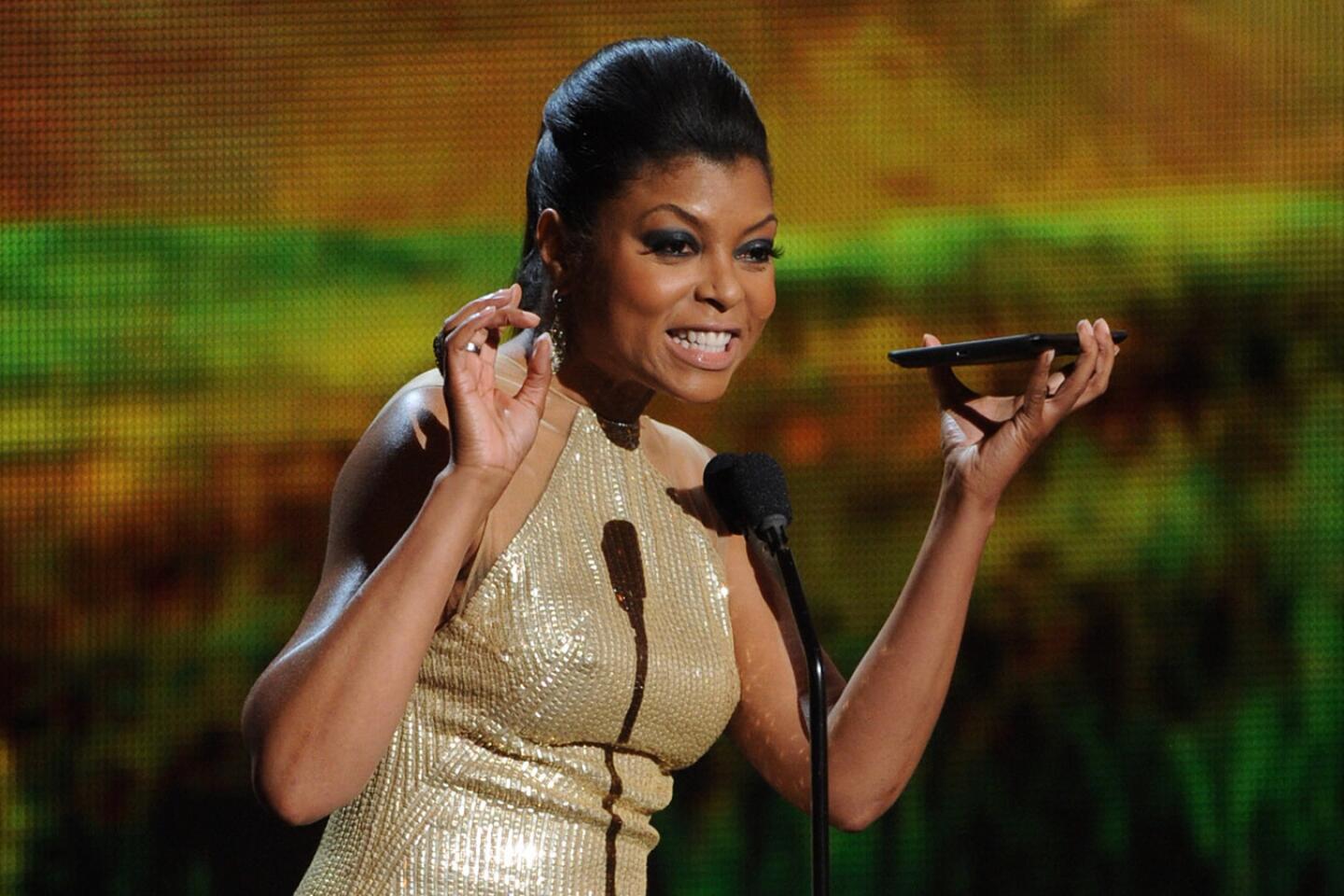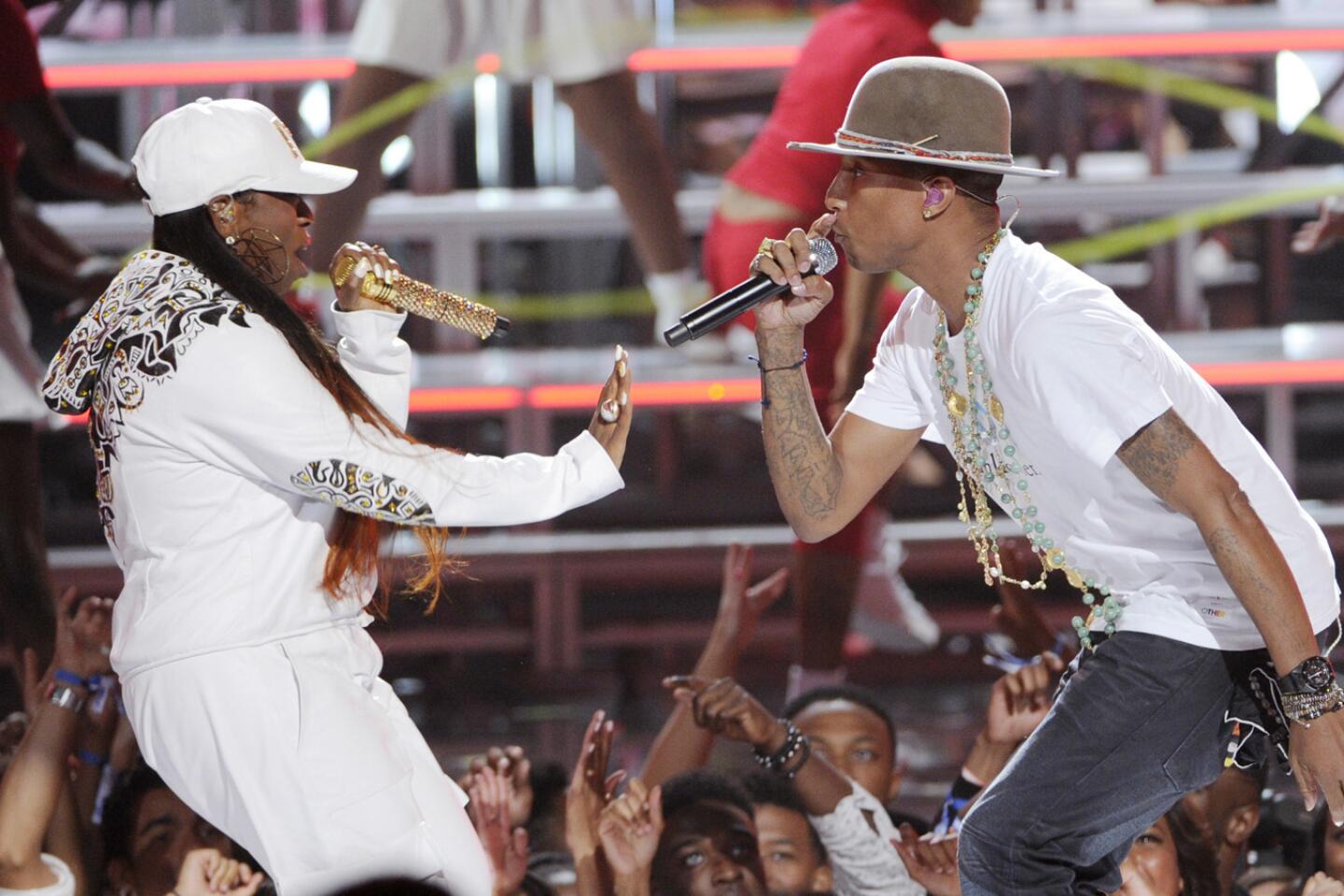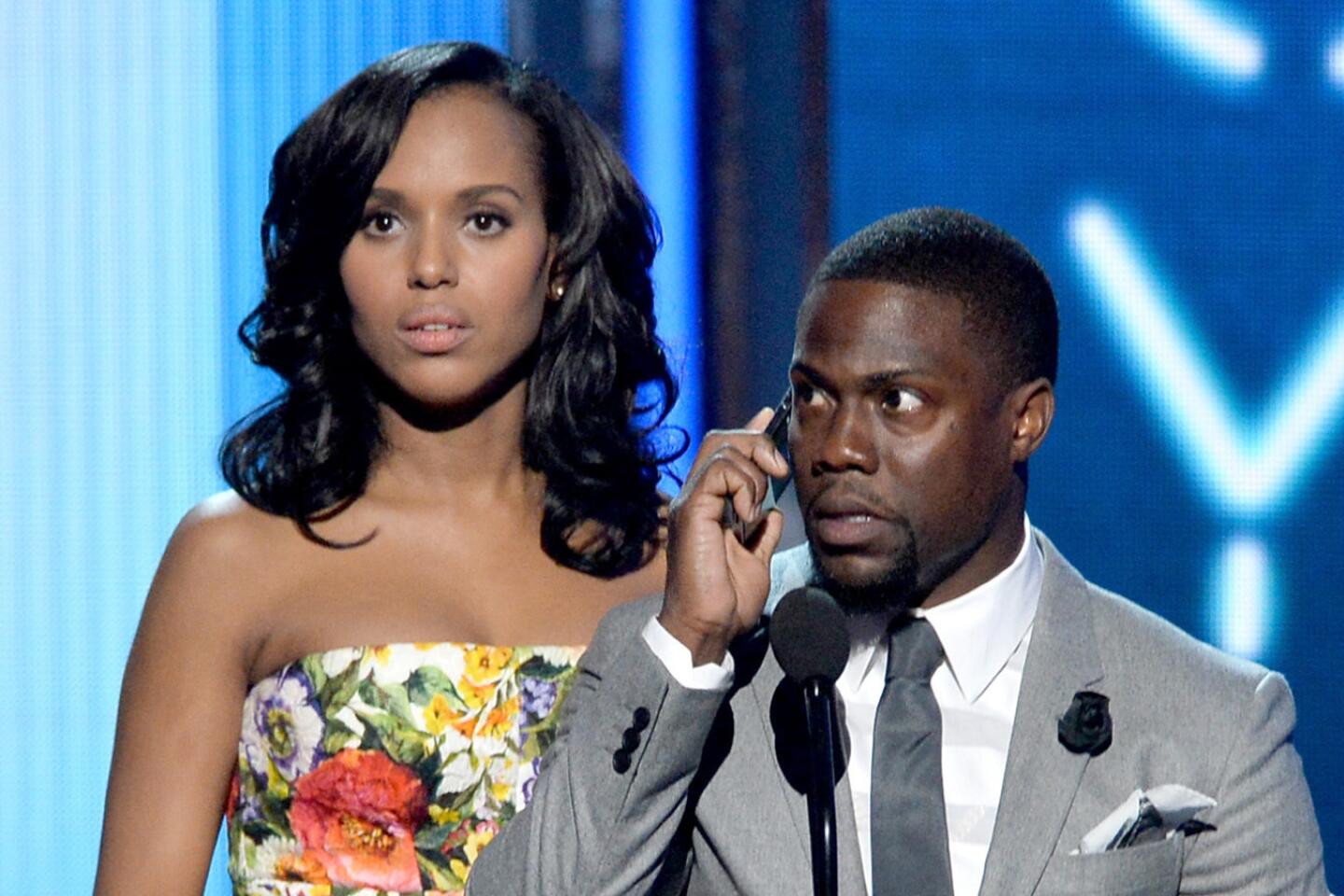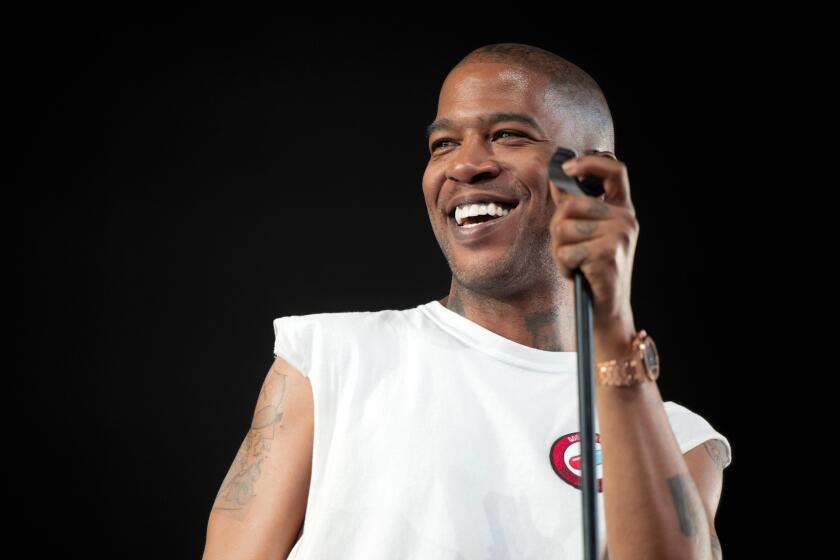Why the BET Awards are still essential to the black pop culture zeitgeist
When BET launched its awards show in 2001, it was one of many music-centric telecasts that doled out awards and irreverence equally. There were MTV's Video Music Awards, American Music Awards and Billboard, to name a few. BET also wasn't alone in celebrating black excellence in entertainment, given the NAACP's Image Awards and the Soul Train Music Awards.
None of those shows, however, quite captured the black pop culture zeitgeist like the BET Awards.
I vividly remember that inaugural telecast.
It happened in the same year that Janet Jackson was riding a creative and commercial high, and Mariah Carey had inked an unprecedented $80-million record deal. Music listeners were grappling with an application called iTunes, and Destiny's Child was teaching us how to be "Bootylicious."
Destiny's Child opened the BET Awards wearing pink fringe skirts and matching cowboy hats, outfits that told me they were indeed superstars. Beyoncé's kid sister, Solange, was their backup dancer then. OutKast was the night's biggest winner. A young Christina Aguilera paid homage to her idol Whitney Houston for the network's first lifetime achievement award. It was a comeback moment for Houston, who had begun to unravel in previous years and appeared grateful to be embraced. The pop star's precocious 8-year-old, Bobbi Kristina, helped present the honor.
Given the thrill of seeing people who looked like me being honored for the music and films that I identified with, the R&B, hip-hop and gospel performances and the juicy water-cooler moments, I was hooked.
The BET Awards instantly etched itself as essential programming in my mind. The bulk of the awards were handed out to musicians I followed, but there were also honors for film, sport and humanitarian efforts. I built my night around it ever year, and next to the Grammys, it was the only awards show I could get my parents to watch with me. During the broadcast I'd sit by my cellphone ready to share reactions (calling and texting was how you live tweeted then).
In the years since its debut, the awards show has delivered countless iconic moments.
On the BET Awards stage I watched Beyoncé transform into the preeminent star of her generation — her first ever solo performance was on this stage (she now holds the record for most performances, nominations and wins).
The BET Awards is the only place where Michael Jackson and James Brown could have a dance-off. Or where a fiery duet between Rick James and Teena Marie could move an entire crowd (it's since taken more weight considering it was the R&B singers' last time performing together before their deaths).
This is the place where the Fugees or Jodeci would reunite. And it's the only show that would give Alicia Keys the opportunity to call on SWV, En Vogue and TLC as surprise guests.
When Chris Brown looked to seek public redemption for the first time, he choose the BET Awards stage.
And after Jackson and Houston met their untimely ends — in Jackson's case, just three days before the 2009 awards — black music fans especially leaned on the BET Awards to pay proper homage to the fallen heroes.
At its simplest, the BET Awards was about showcasing the musicians, actors, athletes, personalities and philanthropists who don't get the same opportunities for exposure afforded to those who have gained mainstream recognition.
Before Mo'Nique, Kevin Hart and Taraji P. Henson made it big, they were stars on this stage. Acts such as the Isley Brothers, Gladys Knight, Chaka Khan, Al Green, the O'Jays and Patti LaBelle — all beloved and crucial players in helping define black music — didn't receive much recognition for their contributions at other award shows, but at BET they're all recipients of lifetime achievement honors. And no other award show would dare put resources into staging reunions for "Love Jones," "Set It Off," "Baby Boy" or "The Five Heartbeats." But BET did.
The success of the BET Awards has also paved the way for the network to launch a handful of other programs that celebrate black achievement.
For nearly a decade, the BET Hip Hop Awards has offered an alternative for a genre that, despite being one of the more popular genres on radio (hip-hop/rap was the most important influence on American pop music over the last half-century, according to a recent study), routinely takes a back seat on the Grammys. The BET Honors pays tribute to contributions not just to those in the performing arts, but to luminaries in education, business, service and civic engagement. And the annual "Black Girls Rock!" special is the only program I've seen that's dedicated to empowering and honoring women of color.
The existence of a network that caters specially to the tastes of black America hasn't come without criticism. Just earlier this week one reader said this about a BET-related story I wrote: "Race-focused TV is a thing of the past in 5 years, easy."
A better question would have been why does there still need to be race-focused TV in 2015? Why are critics surprised when minority-led shows such as "Empire," "How to Get Away With Murder" or "Fresh Off the Boat" attract audiences beyond the colors of those main characters? Why are blockbuster films with minority casts such an anomaly? Why is radio and pop music still so cleanly divided between black and white? Better yet, why don't the majority of pop stars look even remotely as diverse as my own neighborhood?
All of this is why BET and their awards are so crucial.
For a community that has long felt like its creative forces are marginalized when it comes to mainstream recognition and being considered for major awards, this show is a heaven.
Entertainers of color know it's unlikely that the Oscars or the Grammys or the Emmys or the Golden Globes will save a seat at the VIP table for you.
But not BET. Its mere existence offers a theater full of seats and screen time for us. Maybe one day it won't be necessary. Until then, I'll be tuning in.
The biggest entertainment stories
Get our big stories about Hollywood, film, television, music, arts, culture and more right in your inbox as soon as they publish.
You may occasionally receive promotional content from the Los Angeles Times.
